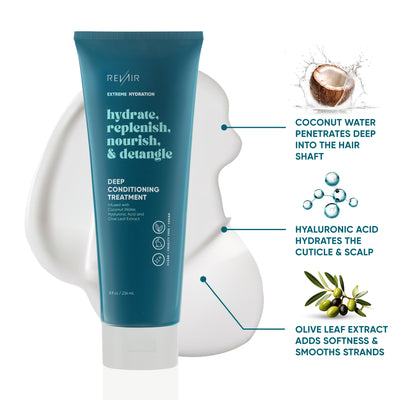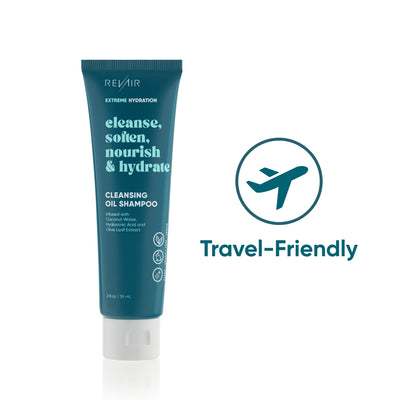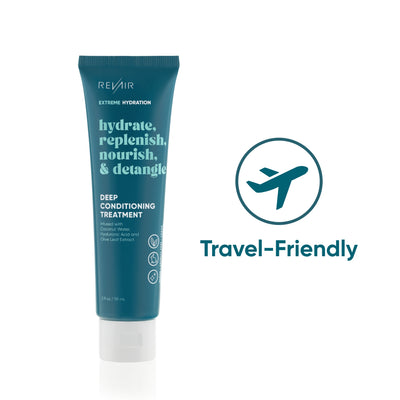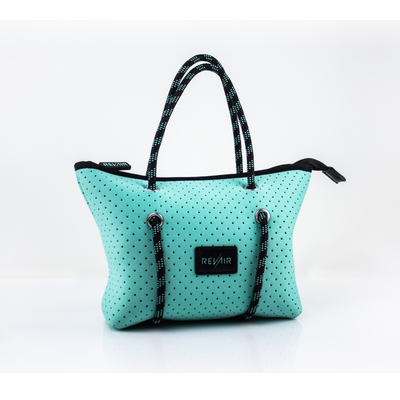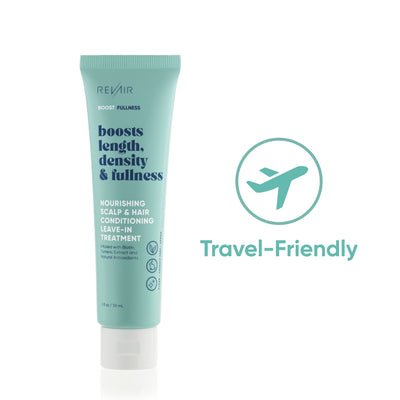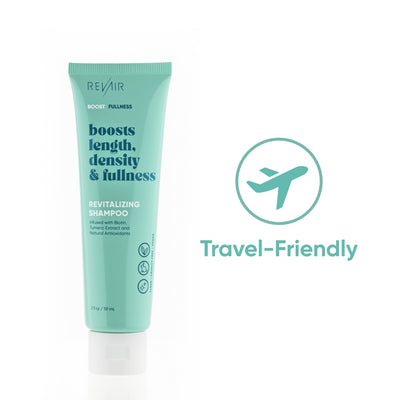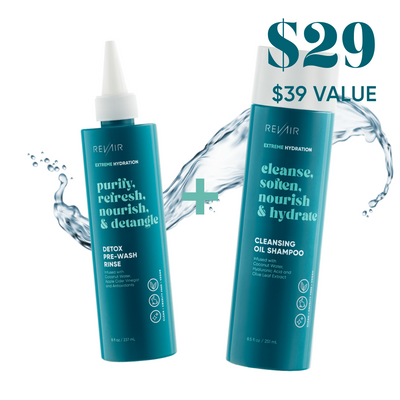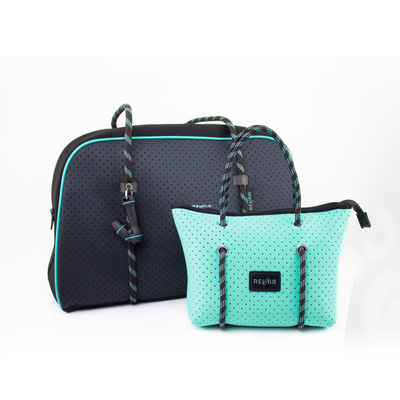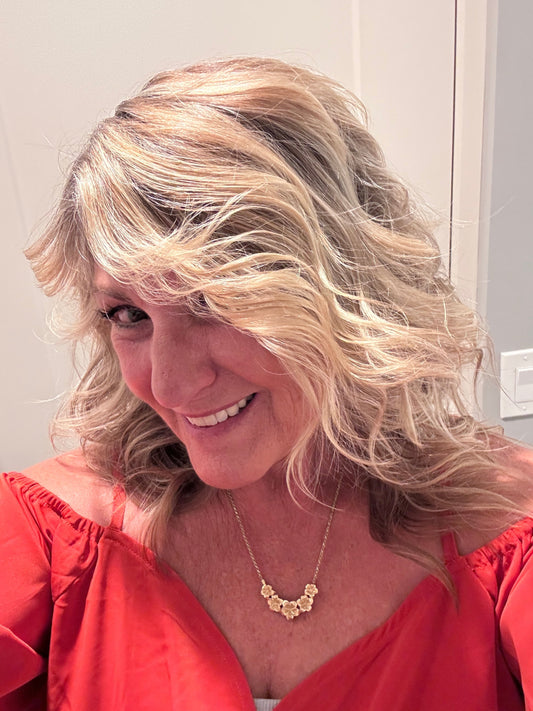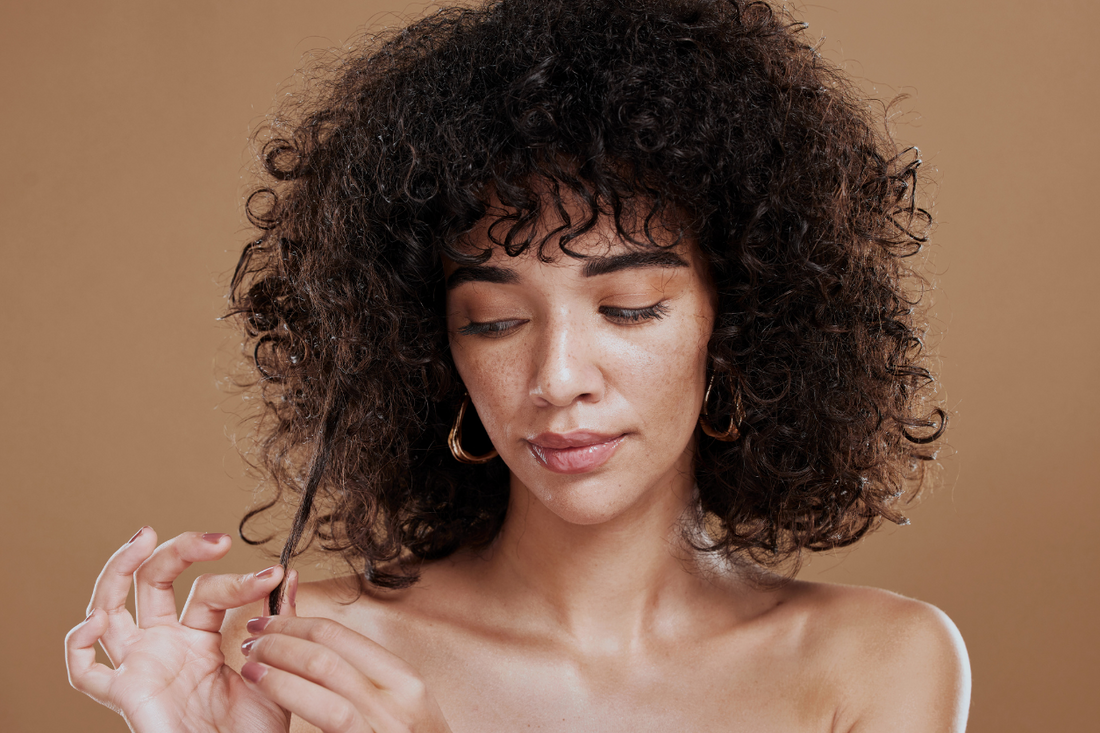
Rehabilitating Your Curly Hair

Overcoming Heat and Chemical Damage: Rehabilitating Your Curly Hair
Curly hair is naturally beautiful and unique, but it can be vulnerable to damage caused by heat styling tools and chemical treatments. Over time, excessive heat and chemicals can lead to dryness, breakage, and loss of curl pattern. If you're struggling with heat and chemical damage, don't despair! With the right approach and a little extra care, you can rehabilitate your curly hair and restore its health and vitality. In this blog post, we will discuss effective strategies and techniques to overcome heat and chemical damage, promoting the recovery of your natural curls.

Understanding Heat and Chemical Damage
Heat damage occurs when excessive heat is applied to the hair, causing the protein structure to break down and altering the curl pattern. Chemical damage, on the other hand, refers to the detrimental effects of harsh chemicals used in relaxers, perms, or color treatments. Both types of damage can result in dry, brittle hair that lacks definition and bounce.
Rehabilitation Strategies for Curly Hair

Reversing heat and chemical damage requires a multifaceted approach that focuses on repairing and nourishing the hair. Here are some effective strategies to rehabilitate your curly hair:
- Trim the Damaged Ends: Start by getting a trim to remove the most damaged sections of your hair. This will prevent further splitting and breakage, allowing healthier hair to grow in.
- Gentle Cleansing: Switch to sulfate-free shampoos that won't strip away natural oils from your hair. Opt for a mild, moisturizing shampoo or try co-washing (washing with conditioner only) to retain moisture and prevent further drying.
- Deep Conditioning: Incorporate deep conditioning treatments into your hair care routine. Look for products that contain hydrating ingredients such as shea butter, coconut oil, or aloe vera. Leave the conditioner on for an extended period, or use heat to help the product penetrate the hair shaft.
- Protein Treatments: Protein treatments can help repair the damaged protein structure of the hair. Look for products that contain hydrolyzed proteins or keratin. However, be cautious not to overuse protein treatments, as too much protein can make the hair brittle.
- Moisturize, Moisturize, Moisturize: Curly hair tends to be naturally dry, and damaged curls require extra moisture. Use leave-in conditioners, moisturizers, or oils to hydrate your hair regularly. Focus on the ends, as they are more prone to dryness and breakage.
- Limit Heat Styling: Minimize the use of heat styling tools such as flat irons, curling irons, and blow dryers. If you must use heat, apply a heat protectant spray beforehand, and use the lowest possible heat setting. Consider air-drying your hair or using heat-free styling methods to avoid further damage.
- Protective Styling: Give your hair a break from daily manipulation by embracing protective styles such as braids, twists, buns, or updos. These styles help to minimize exposure to damaging factors while promoting hair growth and moisture retention.
- Patience and Consistency: Restoring your hair's health will take time and dedication. Be patient with the process and remain consistent with your new hair care routine. Consistency is key to seeing gradual improvements in the condition of your curls.

Heat and chemical damage can be disheartening, but with the right approach, you can rehabilitate your curly hair and bring back its natural beauty. By following a careful regimen that includes trimming damaged ends, gentle cleansing, deep conditioning, protein treatments (in moderation), and consistent moisturizing, you can restore your hair's health and reclaim your beautiful curls. Remember to limit heat styling, embrace protective styles, and be patient with the process. With time and a little extra TLC, your curly hair will regain its resilience and bounce, allowing you to embrace and celebrate your unique curls once again.
